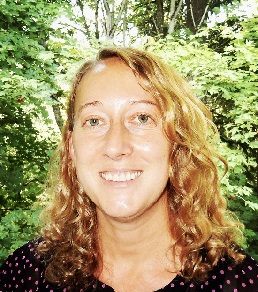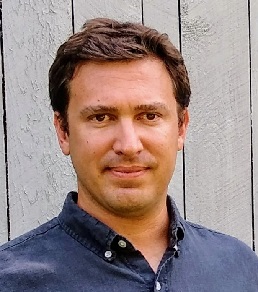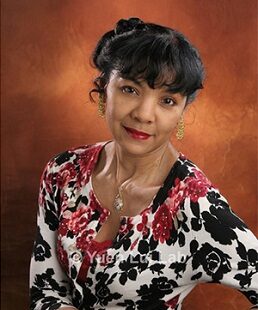History
Explore the causes and consequences of human cultures, ideas, politics, and technology. You’ll discover how developments of the past have shaped the world we live in today. History offers course maps to get you major ready for transfer in two pathways: History for Humanities & Communication and History for Social Sciences, Public Service & Community Engagement.
Course Maps
A course map is a quick guide to help students figure out which courses to take each quarter. Course maps were written by BC faculty, who have used their expertise to recommend specific courses students can take to achieve their academic or career goals. Students should meet with an advisor to learn more.
Sample Courses
- History of Civilization
- Pacific Northwest History
- Revolutions in the Modern World
- African American History
- The U.S. in World Affairs 1898 to Present
Points of Pride
See The Big Picture
Learn how to evaluate different kinds of evidence, appreciate the nature of cause and effect, and measure the impact of ideas, individuals, economic and social factors on historical developments.
Broaden Your Understanding
Develop a greater appreciation for the richness and diversity of various cultures and historical traditions around the world.
Sharpen Your Critical Thinking Skills
Gain experience with qualitative and quantitative analysis.
Featured Faculty
-

Dr. Jaclyn N. Schultz
- Faculty
Dr. Schultz completed her Ph.D. at UC Santa Cruz, with specializations in U.S. cultural history, race and racism, economic history, and the history of childhood. Her dissertation, “Learning the Values of a Dollar: Childhood and Cultures of Economy in the United States, 1820-1900,” received support from many institutions and programs.
-

Dr. Michael Pulido
- Faculty
Dr. Pulido earned his PhD from Marquette University. His dissertation, "Transmitting Revolution: Radio, Rumor, and the 1953 East German Uprising," considered how a national rebellion became thinkable in a dictatorial state. He specializes in modern European history and has also worked on museum and oral history projects related to Holocaust experiences.
-

Chiemi Ma
- Faculty
Chiemi Ma received her M.A. from California State University. She has taught U.S. and World History at several West Coast colleges. Born in Tokyo, Ma has lived and traveled throughout Asia, Europe and North America. Trained as a classical pianist, she combines performing arts and living abroad experiences for a cross-disciplinary approach to teaching.
